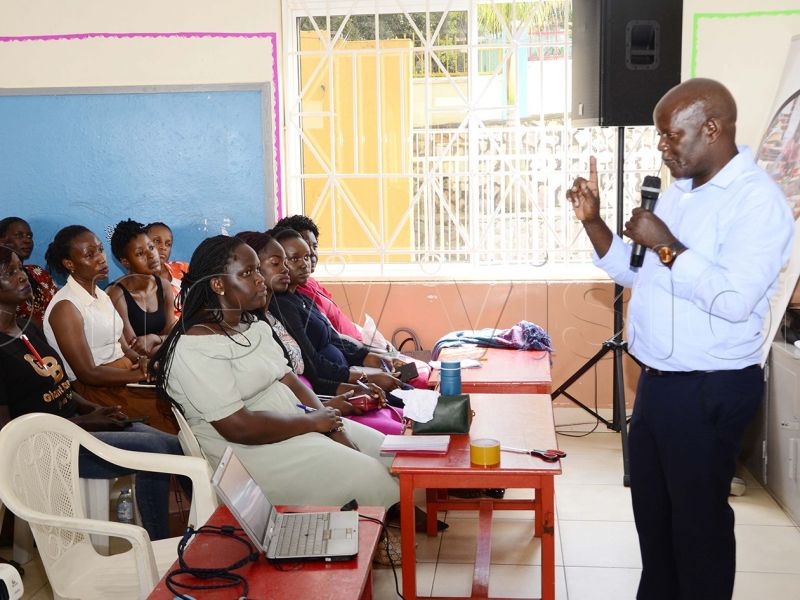By Juliet Kasirye
Education experts have urged the Government to enact an inclusive education draft policy that allows children with moderate special needs to be enrolled in ordinary schools.
Their argument is that if a child has a moderate special need, they needn’t study in specialized schools for learners with severe disabilities.

Many schools in Uganda do not admit children with special needs or do not have trained teachers who can identify special learning challenges that may be unknown to the parents of the affected child.
An inclusive education and special needs education policy draft exists but experts say it has taken too long to be passed.
A special need is anything that hinders someone’s learning ability, for instance, if one is extremely emotional, has a bad attitude, stammers or has tantrums.
Dr Joseph Odeke, a lecturer at the Faculty of Special Needs and Rehabilitation at Kyambogo University in Kampala, says only children with disabilities such as deafness, blindness or those dealing with intellectual impairment should be placed in specialized schools.
“But if they have a moderate condition, they can go to any other school.”
Odeke was speaking at a two-day special needs education workshop organized by Early Years Foundation – Uganda at Kampala Kindergarten School in Nakasero on Friday.
“There is no policy in Uganda that emphasizes that children with special needs be included in ordinary schools,” he said.
The workshop focused on equipping early childhood development teachers and parents with skills and knowledge on how to manage children with special needs.
It was also to help identify special learning challenges that usually emerge in classrooms, such as autism and cerebral palsy.
Training More Teachers Key
In ordinary schools, the attitude of teachers and abled children, lack of materials, and the environment are some of the hurdles children with special needs face.
But they can be supported to learn better in such a setting, said Odeke.
For instance, teachers can make the learning participatory, use peer teaching and allow interaction among both sets of learners.
He urged the Government to train more teachers so that they meet the growing number of people with special needs.
According to the Uganda Bureau of Statistics report of 2016, for the population aged two years and above, the disability prevalence rate was 12.4%, which translates to 6,466,798 million people.
Of these, 49.26% and 50.74% are males and females, respectively.
The survey estimated that 6.5% of Uganda’s population have difficulty seeing, 5.4% have difficulty remembering, 4.5% have difficulty walking and 3.1% have difficulty hearing.
Generally, children with special needs are reportedly marginalized, discriminated against, and stigmatized in the country.
Stigma
Christine Murungi, a teacher and founder of Lala’s Inclusive School in Sseguku, Kampala, emphasized inclusion as being vital because all children have a right to education.
“If we just put them in separate schools yet they come from inclusive homes, we are not helping to fight the stigma,” she said.
“If we don’t sensitize the neurotypical children about autism, we will have stigma all through, and yet we need to prepare them for an inclusive world.”
To curb stigma, Murungi called upon Government to come up with model-inclusive schools at least in every district.
According to Immaculate Nakajanko, the operations director at Early Years Foundation, most challenges in learning do not usually manifest physically.
“You cannot look at the child and say, ‘this child cannot write because his hand is curved’. These are usually neurodevelopment challenges that could only be identified if you are having a one-on-one with a child.”
Parent’s Experience
Lynn Lukwago, a mother of a five-year-old autistic child, expressed concern about the high rates therapists charge to support children with special needs.
“The rate of a therapist depends on your bargaining power,” she said.
“Besides school fees, I pay a therapist at least sh50,000 per hour. Basically, in a term, I spend between sh500,000 to sh800, 000 depending on the hours the therapist spends on my child.”
Since autism care is expensive, Lukwago requested the government to not only streamline the fees for therapists, but also train teachers in special needs education in order to support children.

